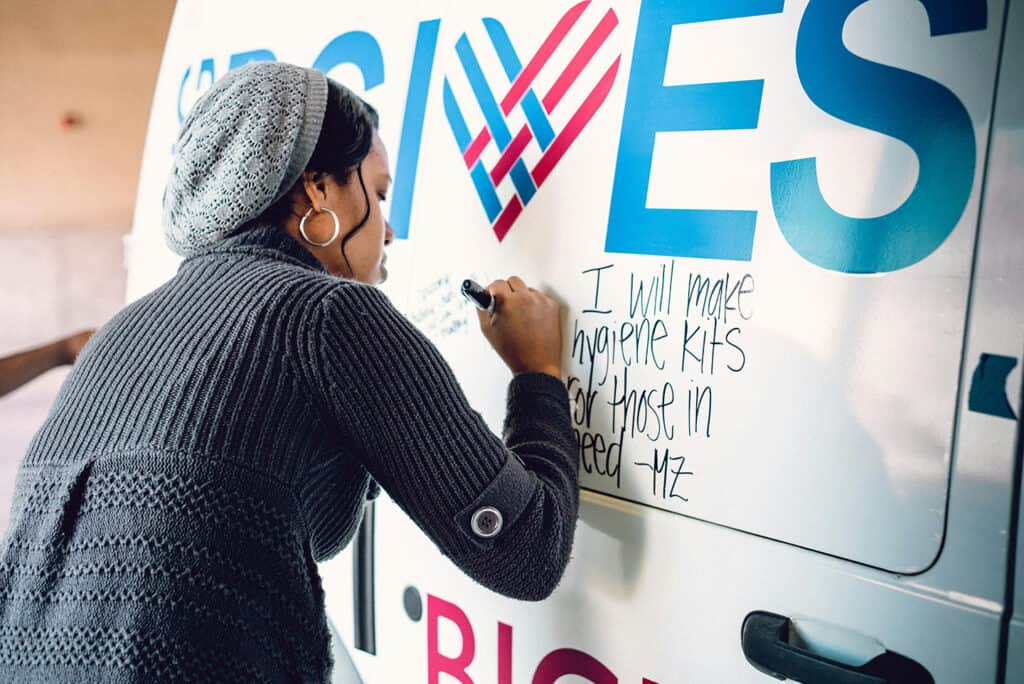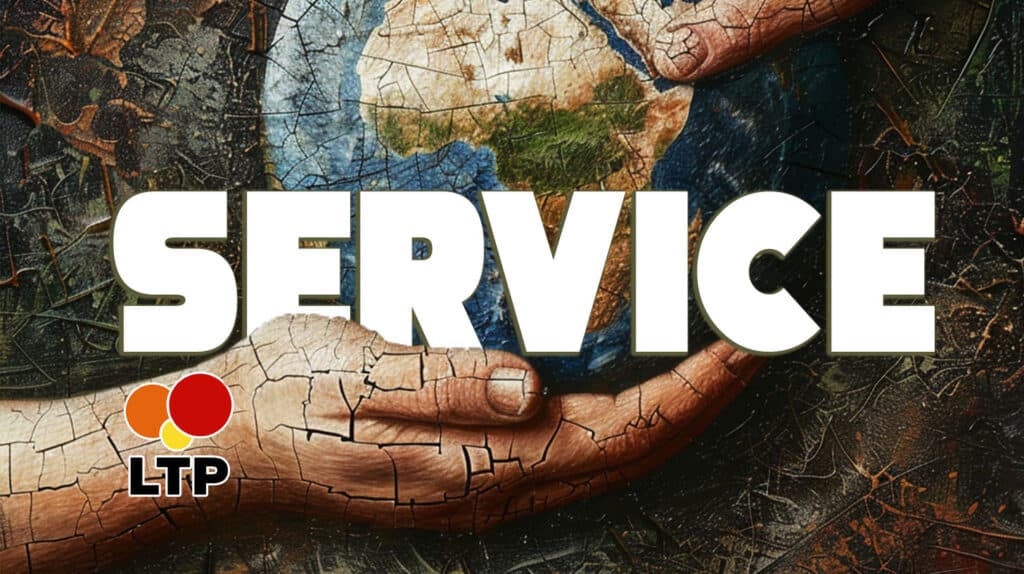
Are your charitable efforts truly making a difference, or could they be causing harm? Toxic charity affects countless communities, often fostering dependency instead of empowerment.
You’re not alone in facing this dilemma; many generous givers struggle with similar challenges. We understand the complexities of charitable giving and its unintended consequences.
In this article, We will outline effective strategies to ensure your contributions promote lasting change rather than temporary relief.
Join me in discovering how to give without harm, paving the way for a more impactful and transformative charitable journey.
1. What is Toxic Charity?

Toxic charity refers to well-meaning but harmful acts of giving. Robert Lupton, who wrote Toxic Charity, describes how some charitable groups unintentionally harm the people they aim to help.
Many charities provide quick fixes without creating long-term benefits. This type of aid can make people dependent rather than empowering them. Modern charity must focus on supporting opportunities for growth and self-sufficiency.
Social science shows that continuous handouts can weaken communities. A course correction is needed to stop the shockingly toxic effects that charities can cause. Instead of temporary solutions, charity should aim to create lasting change.
This shift is essential for ensuring that Christian life and other efforts truly help.
See also Entertainment Cinemas: 7 Must-Have Features for Movie Lovers
2. Toxic Charity by Robert Lupton
Toxic Charity by Robert Lupton explores how well-meaning charities often do more harm than good. Lupton argues that many charitable groups unintentionally hurt the materialistically poor by creating dependency.
He calls for a shift toward proven new models of community development that help people become self-sufficient. In his work, Lupton, who has a background in urban ministry activism, stresses the importance of listening to the community and honoring God through meaningful change.
He draws parallels to Richard Stearns’s ideas, emphasizing how serving the needy should uplift, not degrade, impoverished members. He reminds us that charity should never be about subordinating self-interest but truly benefiting the very people we aim to help.
Highly recommend Toxic Charity for anyone involved in charity work. Lupton’s work provides crucial insights for senior pastors and community leaders, making it essential reading in the realm of books about charity.
3. Examples of Toxic Charity in Action
- Food Drives Leading to Dependency: Repeated food donations discourage self-reliance within communities.
- Clothing Donations Undermining Local Businesses: Free clothing distributions hurt local shops and small businesses.
- Foreign Aid Causing Economic Imbalance: International charity distorts local economies and stifles growth.
- Handouts Without Skills Training: Providing goods without offering education or skill-building opportunities.
- Short-Term Volunteer Trips with Long-Term Harm: Temporary aid trips disrupt local communities with no lasting benefit.
- Overseas Orphanages Replacing Family Support: Donations encourage the separation of children from their families.
- Churches Offering Unconditional Assistance: Churches give aid without accountability, leading to misuse and dependency.
4. How to Give Without Harming
Giving without harming is crucial in charity work. First, understand the 5 types of charity. Some charities can have shockingly toxic effects. For example, certain charitable groups may hurt the very needy and impoverished members they aim to help.
Groundbreaking toxic charity shows that well-meaning efforts can reinforce the achievements of those they seek to support. It’s essential to recognize how certain actions can harm people called poor.
Instead, focus on initiatives that promote real-world change. Work alongside those in the inner city to empower them. In doing so, you’ll align with the core values of the Christian life and create a lasting impact. Remember, charity should uplift, not hurt those it intends to help.
5. How to Recognize Toxic Charity

- Lack of Community Involvement: Charities that do not engage with the local community may not understand their true needs.
- Focus on Handouts: Organizations that primarily provide handouts instead of sustainable solutions can create dependency.
- High Administrative Costs: Charities with excessive overhead expenses may divert funds away from those in need.
- Short-Term Solutions: Programs that address only immediate needs without considering long-term effects can be harmful.
- Disempowerment of Recipients: Charities that treat beneficiaries as passive recipients instead of empowering them can reinforce negative stereotypes.
- Lack of Transparency: Organizations that do not openly share their funding sources, goals, or outcomes may be hiding their true impact.
- Negative Community Impact: If a charity’s activities lead to community disruption or resentment, it may be contributing to toxic dynamics.
6. Alternatives to Toxic Charity
- Empowerment Programs: Focus on initiatives that empower individuals through education and skills training.
- Community Development: Support programs that involve local communities in decision-making and resource allocation.
- Microfinance Initiatives: Invest in microloans that help individuals start small businesses and become self-sufficient.
- Sustainable Solutions: Fund projects that address root causes of poverty, such as access to healthcare and education.
- Partnerships with Local Organizations: Collaborate with local nonprofits that understand the community’s specific needs and can provide tailored support.
- Advocacy and Policy Change: Support efforts that work toward systemic change to address the underlying issues of poverty and inequality.
- Direct Assistance Models: Consider giving directly to individuals in need, allowing them to decide how best to use the resources.
See also Money Management Activities for Adults: 7 Fun Ways to Financial Success
Toxic Charity: A Recap
Toxic charity often leads to more harm than good. It can hurt the very people we aim to help. Robert Lupton, a well-known author, highlights this in his work.
He points out that many charities do not honor God because they do not benefit those in need. Instead, they create cycles of dependency. The Christian life calls for a wise mind in how we give. We should raise money for a charity that truly supports the needy.
Programs like FCS Urban Ministries focus on real change. Gregory Boyle’s work with tattoos shows how service can transform lives. Jeffrey Sachs’s “The End” emphasizes that our efforts should empower people. Start serving the needy in ways that uplift and honor their dignity.


